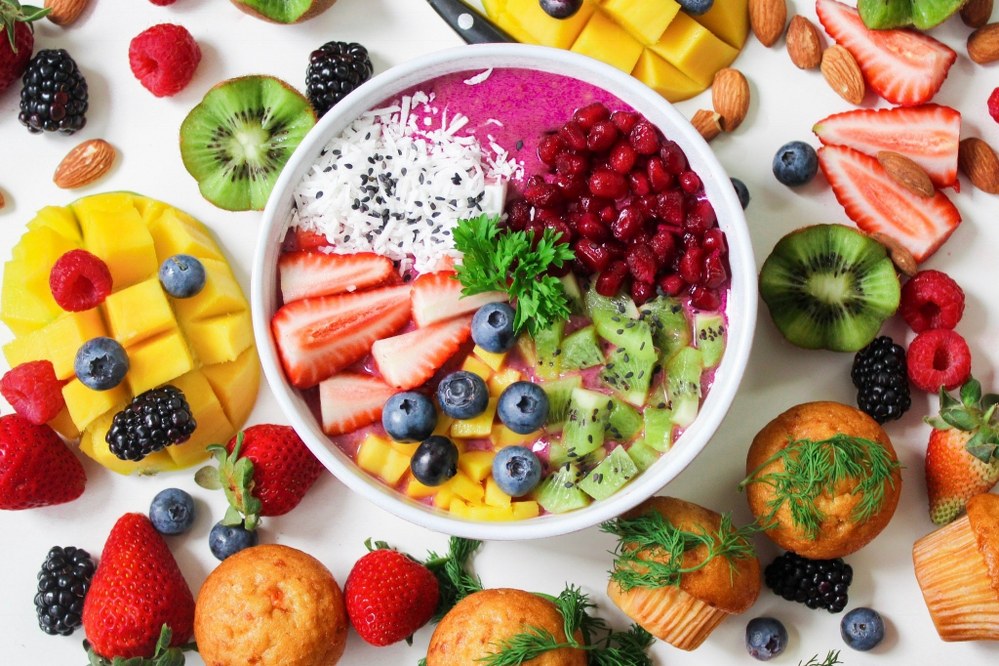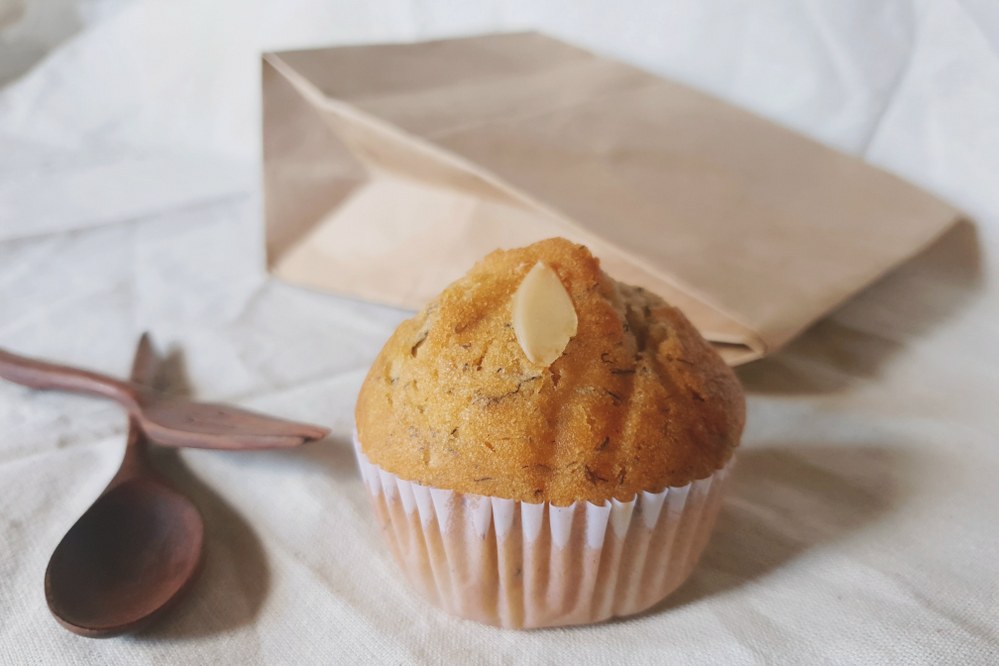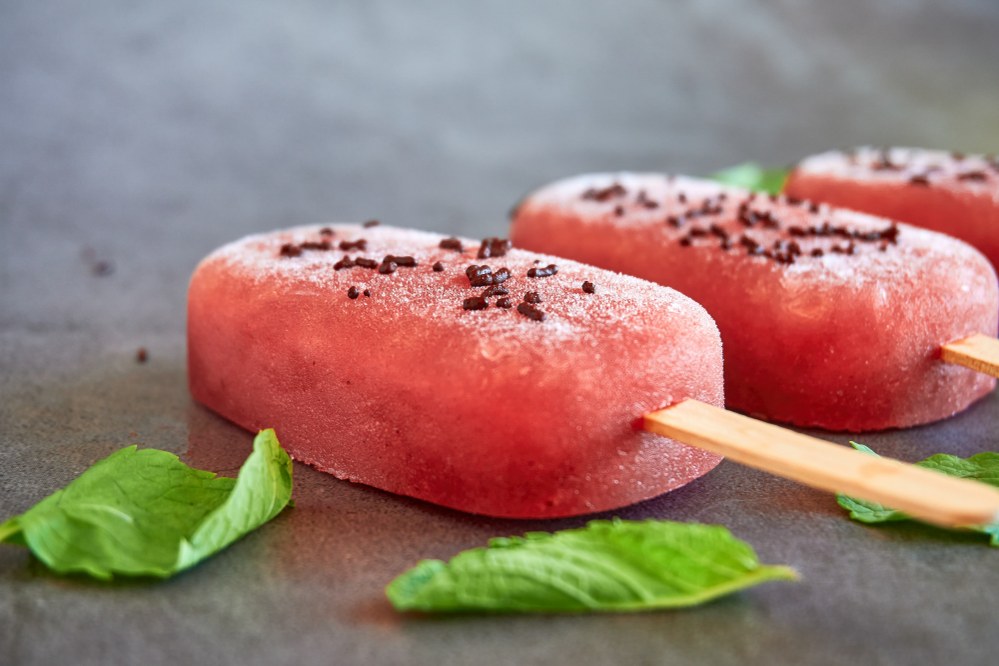A Culinary Adventure for Tiny Taste Buds
Introducing solid foods to infants before their first birthday plays a vital role in their overall development. It’s a crucial milestone that sets the stage for a lifetime of healthy eating habits. As parents, we strive to provide our little ones with a diverse and nutritious diet, ensuring they receive essential nutrients for growth and development. In this article, we embark on a culinary adventure and present you with some of the many foods to give to your baby before 1:
Fruits and Vegetables:
- Mangoes: Known as the “king of fruits,” mangoes are a tropical delight that babies adore. Rich in vitamins A and C, as well as fibre, mangoes aid in digestion and promote healthy skin.
- Papayas: This delicious fruit is packed with essential nutrients like vitamin C, vitamin E, and folate. It also contains an enzyme called papain, which aids digestion and helps alleviate constipation in infants.
- Kiwis: Don’t let their small size fool you: Kiwis are a nutritional powerhouse. Loaded with vitamin C, vitamin E, and antioxidants, they support the immune system and promote healthy digestion.
If you want to ensure your kids eat vegetables, it’s vital to introduce them at a young age. Start with colourful vegetables, which are not only visually appealing but also offer a wide array of nutrients for your growing baby:
- Sweet Potatoes: These vibrant root vegetables are rich in vitamins A and C, potassium, and fibre. They make an excellent first food and help support healthy eye development.
- Spinach: Popeye’s favourite vegetable is not just for cartoon heroes. Spinach is a fantastic source of iron, calcium, and vitamins A and K. Its mild flavour and soft texture make it a great addition to purees and homemade baby food.
- Carrots: Packed with beta-carotene, carrots promote healthy eyesight and support the immune system. They’re easy to digest and can be steamed, roasted, or pureed to suit your baby’s needs.
Another way to encourage a life-long love of vegetables would be to start a vegetable garden for kids as soon as they are toddlers. Crops such as lettuce, courgettes, cherry tomatoes, and carrots are great beginner vegetables that taste great and are easy to grow.
Grains and Legumes:
Whole grains provide a valuable source of energy and essential nutrients for your baby’s growth:
- Quinoa: Considered a complete protein, quinoa is an excellent choice for introducing grains to your baby. It contains all nine essential amino acids and is also rich in fibre, iron, and magnesium.
- Oats: Oats are a nutritious option packed with fibre and important vitamins and minerals. They aid in digestion and provide a sustained release of energy throughout the day.
- Brown Rice: This gentle grain is easy to digest and a great source of minerals such as magnesium and selenium. Brown rice can be cooked and blended into a creamy porridge or combined with vegetables for a wholesome meal.
Legumes are an ideal way to introduce sustainable proteins to your baby’s diet:
- Lentils: Rich in iron and easily digestible, lentils are a great source of plant-based protein. They can be pureed into a smooth consistency or added to soups and stews for added texture.
- Chickpeas: Packed with fibre, folate, and protein, chickpeas offer a variety of health benefits for your baby. They can be mashed or blended into hummus for a delicious and nutritious dip.
- Black Beans: These versatile legumes are a fantastic source of protein, antioxidants, and fibre. They can be pureed into spreads or mashed into bean burgers for a healthy finger food option.

Proteins and Dairy Alternatives:
Introducing lean meats and dairy alternatives ensures your baby receives the necessary protein and essential nutrients:
- Chicken: Chicken is a lean protein that provides essential amino acids for growth and development. It can be cooked and pureed into a smooth texture for younger babies or shredded for older ones.
- Turkey: Similar to chicken, turkey is a lean meat option that offers essential nutrients. It’s lower in fat compared to other meats and can be introduced gradually after other meats have been introduced.
- Fish: Rich in omega-3 fatty acids, fish supports brain development in infants. Opt for low-mercury fish such as salmon or cod and ensure it is thoroughly cooked and deboned before serving.
For babies with lactose intolerance or those following a plant-based diet, dairy alternatives can be incorporated:
- Almond Milk: Made from ground almonds, almond milk is a nutrient-dense alternative to cow’s milk. It contains calcium, vitamin E, and healthy fats, promoting bone health and overall growth.
- Coconut Milk: Extracted from mature coconuts, coconut milk is a creamy and flavourful dairy substitute. It contains healthy fats and electrolytes, making it an excellent choice for hydration.
- Soy Milk: Derived from soybeans, soy milk is a protein-rich alternative to cow’s milk. It contains essential minerals like calcium and can be fortified with vitamin D to support bone health.

Healthy Snacks and Finger Foods:
Homemade snacks are a fantastic way to ensure your baby receives optimal nutrition:
- Banana Muffins: Made with whole wheat flour and sweetened with mashed ripe bananas, these muffins are a delicious and wholesome treat. They provide dietary fibre and potassium for healthy digestion and muscle function.
- Veggie Sticks with Hummus: Cut vegetables into finger-sized sticks and serve with a side of hummus. This snack is packed with important vitamins, minerals, and protein, and encourages self-feeding and hand-eye coordination.
- Homemade Granola Bars: Combine oats, nuts, seeds, and dried fruits to create nutritious and energy-boosting granola bars. These homemade treats are an excellent source of fibre, healthy fats, and antioxidants.
Finger foods promote self-feeding and develop fine motor skills in infants:
- Avocado Slices: Avocados are rich in healthy fats, vitamins, and minerals. Cut them into small, easy-to-grasp slices for a nutritious and creamy finger food option.
- Soft-Boiled Eggs: Eggs are a great source of protein and important nutrients like choline and vitamin D. Soft-boiled eggs provide a texture that is easily manageable for infants, making them an ideal finger food choice.
- Whole Grain Crackers: Choose whole grain crackers that are low in sodium and free from artificial flavours. They provide carbohydrates and dietary fibre, which aid in digestion and provide sustained energy.
Homemade snacks and finger foods are also an excellent way to keep baby entertained and satisfied when you are out and about, whether that’s a short car journey or your first single parent holiday.
Desserts and Treats (Occasional):
While it’s important to promote healthy eating habits, occasional indulgences can be a part of the culinary journey:
- Fruit Salad: Create a colourful medley of seasonal fruits for a refreshing and naturally sweet dessert. This dessert option is packed with vitamins, minerals, and antioxidants.
- Yoghurt Popsicles: Blend yoghurt with pureed fruits and pour the mixture into popsicle moulds. These cool and creamy treats provide calcium, probiotics, and a burst of fruity flavour.
- Chia Seed Pudding: Combine chia seeds with plant-based milk and natural sweeteners to create a nutritious and delicious pudding. Chia seeds are rich in omega-3 fatty acids and provide a dose of dietary fibre.
For special occasions, consider these occasional indulgences:
- Homemade Banana Bread: Made with ripe bananas and whole wheat flour, this classic treat offers a dose of potassium and fibre. Use natural sweeteners to make it a healthier option.
- Dark Chocolate Squares: Dark chocolate contains antioxidants and is lower in sugar compared to milk chocolate. Enjoy a small square as an occasional treat for both you and your little one.
- Frozen Fruit Sorbet: Blend frozen fruits with a splash of fruit juice or coconut water to create a refreshing and healthy sorbet. This guilt-free dessert option is a delightful way to enjoy the flavours of various fruits and can also be enjoyed as a popsicle.

Conclusion:
Introducing your baby to a variety of foods before their first birthday is an exciting journey. By incorporating fruits, vegetables, grains, proteins, dairy alternatives, healthy snacks, and occasional treats, you provide a well-rounded and nutritious diet for your little one. Remember to prioritize their nutritional needs and encourage a diverse and balanced diet. This will not only set them up for a lifetime of healthy eating habits but also make your life much easier later on as you will be able to cook healthy and versatile meals that the whole family will love. Enjoy this culinary adventure with your tiny taste buds and relish the joy of watching them explore new flavours and textures.
About the author:
Single Parents on Holiday offer group holidays for single parents in the UK and abroad, including farm holidays, beach holidays, city trips, ski holidays with teenagers and kids, solo trips for adults only and much more. Click on our homepage in the navigation bar to find out more.



